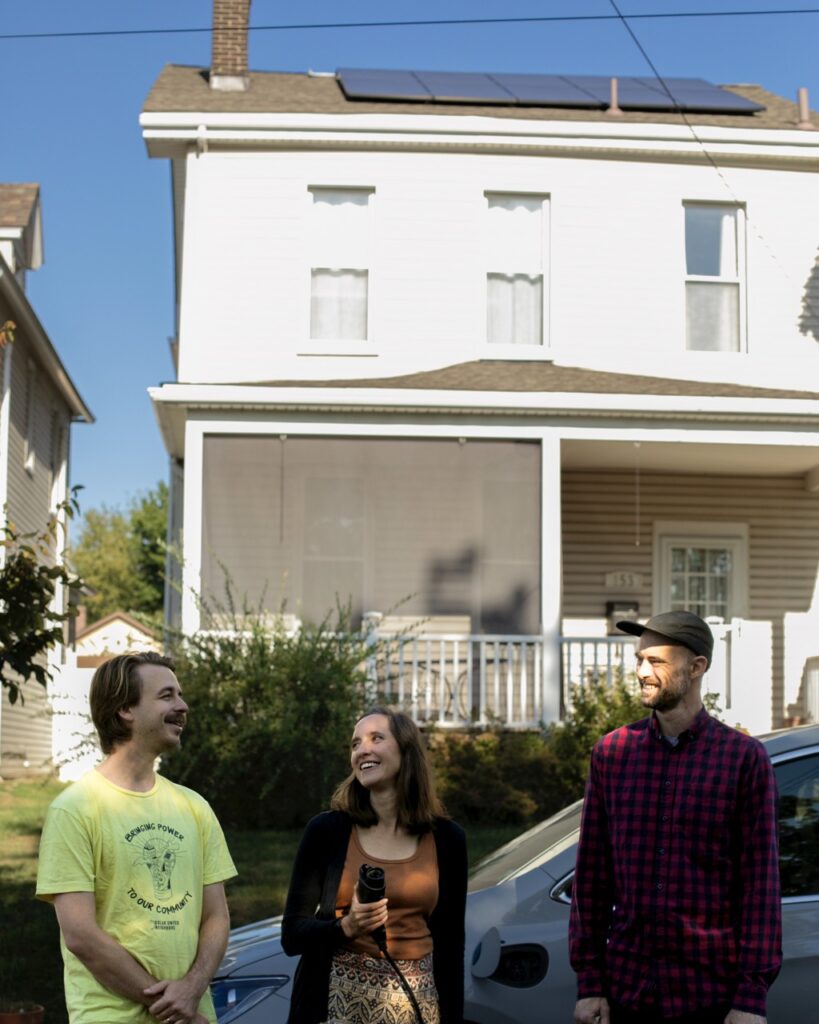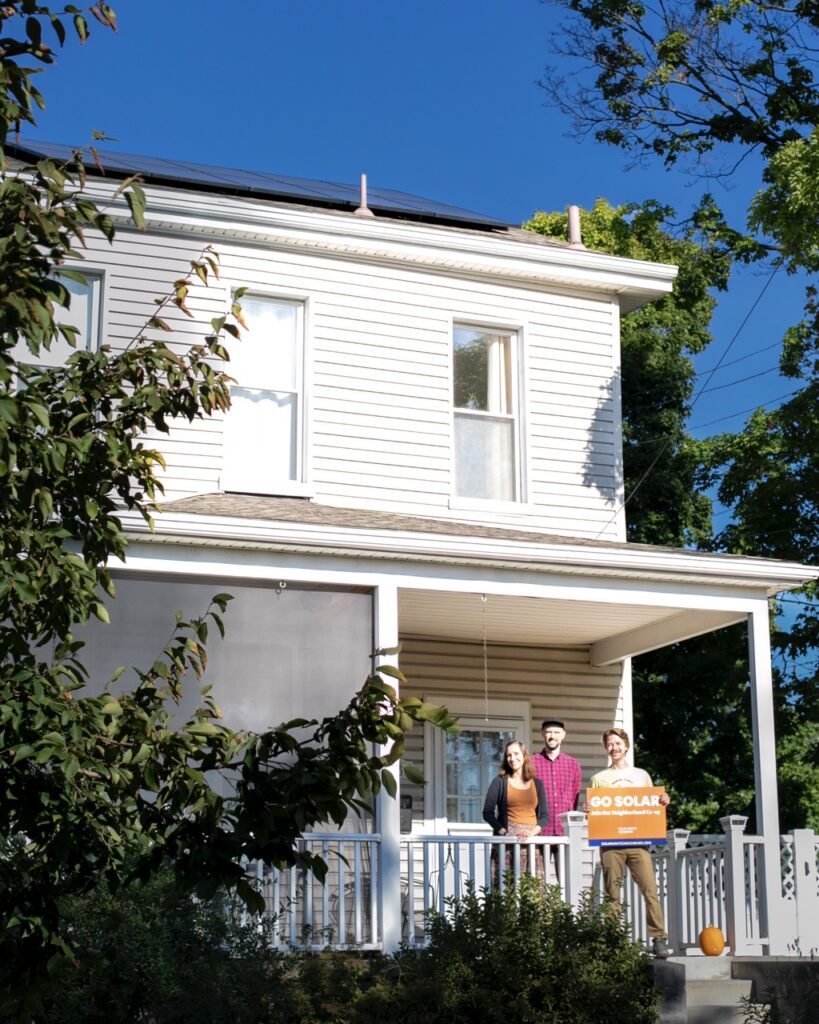Interested in exploring solar energy for your own home but not sure where to start? With more pressure on electrical grids, power outages are becoming more likely due to climate change. But many people are hesitant to explore solar power, thinking it will be out of their price range or unsustainable due to Pittsburgh’s cloudy skies. Think again with Solar United Neighbors.

Solar United Neighbors Informs Pittsburgh About Solar Energy
“There are a lot of misconceptions out there around solar energy,” said Henry McKay, Heartland Regional Director of Solar United Neighbors. “Our organization helps people navigate these hurdles. For instance, solar panels are more accessible to people than ever and more reliable than you may think,” he said. Yes, even in Pittsburgh – and even on cloudy days – solar panels work, providing more energy than your household may even need.
The heart of the issue doesn’t come down to sunny days, but instead to intentional policy changes. Recognizing that solar energy is disrupting the traditional utility business model, you don’t need a big expensive grid in order to create a sustainable energy source for your home. “We don’t consider ourselves an environmental organization,” said McKay. “Instead, we believe in clean and renewable energy, but where regular communities have more control where their energy comes from. We believe in democratizing political and economic power through efficient energy sources, like solar panels,” he said.

Turning Pittsburgh Solar
And how can this be accomplished? Solar United Neighbors is turning solar power on its head with support from organizations like The Pittsburgh Foundation and the Solar for All funding through the Inflation Reduction Act. The Pittsburgh Foundation, for example, joined the eight-state Industrial Heartland Solar Coalition to submit a proposal for funding through the Environmental Protection Agency which would fit homes of low-income residents for solar panels. This would not only result in significantly lower utility costs, but help reimagine how the democratization of solar power can benefit the many – and not just the privileged few.
In fact, McKay shared that the work The Pittsburgh Foundation has done in this space will transform what the solar market looks like, making it much more diverse. It will also shape how people will feel about renewable energy when this program begins in 2025.
“We have to reimagine how electricity works and doing that requires organizing and mobilizing the power of the people who want to see this new system,” said McKay.”
Story by Natalie Bencivenga / With Support from The Pittsburgh Foundation / Photography by Laura Petrilla

Subscribe to TABLE Magazine’s print edition.

